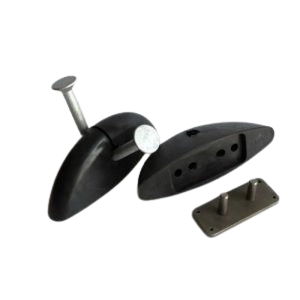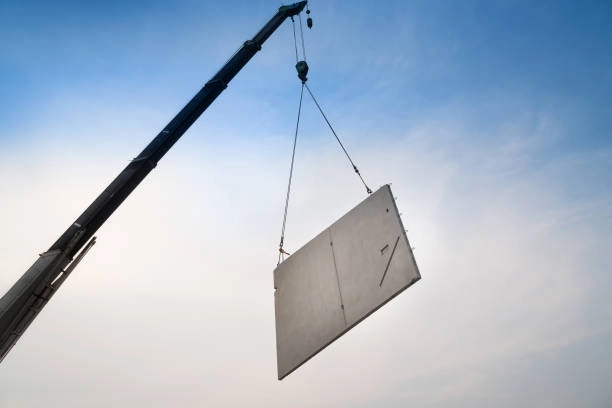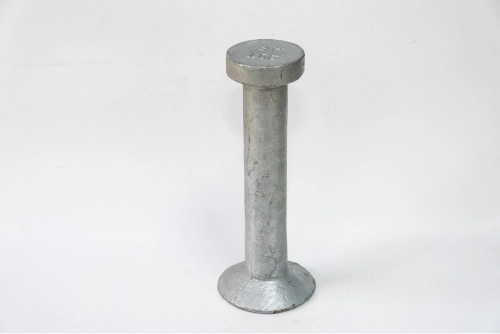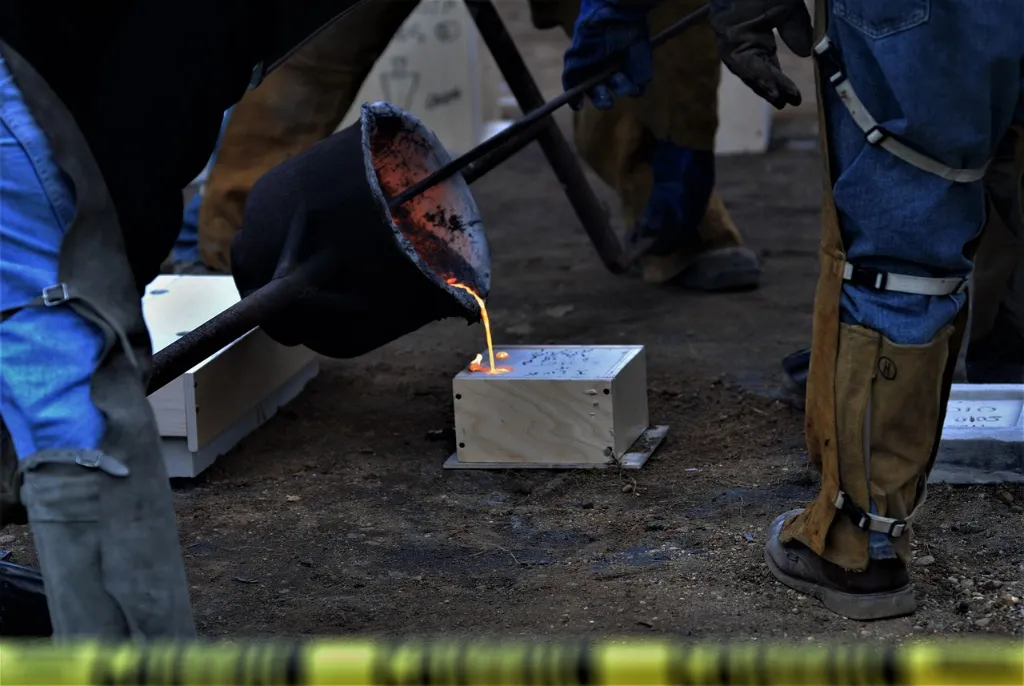
Introduction
Precision in casting is super important for industries like cars, planes, and medical tools. Even a tiny mistake can cause big problems. China makes over 45% of the world’s castings, so it’s a major player in creating top notch, tricky parts. Companies like Baoqi use fancy tech and know how to meet worldwide needs.
The Importance of Precision in Complex Casting Designs
Why Precision Matters in Modern Casting
Precision in casting isn’t just a fancy term, it’s a must. Parts like turbine blades or medical implants need exact sizes to work safely. A small error can mess up a whole system, causing issues or risks. In China, where casting hit over 50 million tons in 2023, factories have gotten really good at making detailed parts for big industries like planes and cars.
Impact of Precision on Component Performance and Reliability
Accurate castings make parts fit perfectly, work smoothly, and last a long time. For example, in cars, well made engine parts reduce wear and save fuel. Dependable parts also mean less fixing and downtime. China’s casting world has jumped on this, using smart tools like sensors to check production as it happens. This keeps every part up to high standards.
Key Challenges in Achieving Precision in Casting Designs
Handling Complex Geometries and Tight Tolerances
Tricky shapes are tough in casting. Complex designs, thin walls, and super precise sizes test the limits of old school methods like sand casting. Sand casting is cheap for big parts but isn’t great for super accurate designs because molds can vary. Investment casting, also called lost wax casting, is awesome here. It gives smoother surfaces and tighter sizes for fancy plane parts.
Overcoming Shrinkage and Warping Issues
Shrinkage and warping are pesky problems. When hot metal cools, it shrinks, sometimes unevenly, causing flaws. This is trickier with metals like aluminum or stainless steel, which China’s factories use a lot. They fight this with careful cooling and computer programs to guess how metal acts. But it’s not always perfect, sometimes, experts like Baoqi tweak things through trial and error to nail it.
Managing Material Properties and Consistency
Keeping materials steady is another challenge. Differences in metal mixes or impurities can weaken parts or change their sizes. China has tons of raw stuff like aluminum and steel, which helps. But making sure every batch is the same is hard. Top factories use tests like spectrometry to check metal mixes early and catch issues.
Advanced Technologies for Ensuring Precision in Casting
Computer Aided Design (CAD) and Simulation in Casting
CAD and simulation tools have changed casting big time. They let engineers plan designs and predict results before pouring metal. In China, factories use these to improve mold designs and cut flaws like holes in parts. It’s not flawless, sometimes the software misses real life stuff, but it’s a huge help for tricky projects.
3D Printing and Additive Manufacturing for Complex Molds
3D printing is shaking up how molds are made. It’s great for quick test molds that old methods can’t do. In China, where exports to the West are growing, 3D printed molds are used more for investment casting. They cost more at first but save time and reduce mistakes in precise jobs like medical tools.
High Precision Casting Techniques: Investment Casting and Lost Wax Casting
Investment casting, or lost wax casting, is the best for precision. A wax model gets coated in ceramic, melted out, and filled with metal. The result? Nearly perfect parts with smooth surfaces. China’s skill in this makes it a leader in plane and medical castings. Baoqi, for example, rocks investment casting for complex shapes, making parts that need little extra work.
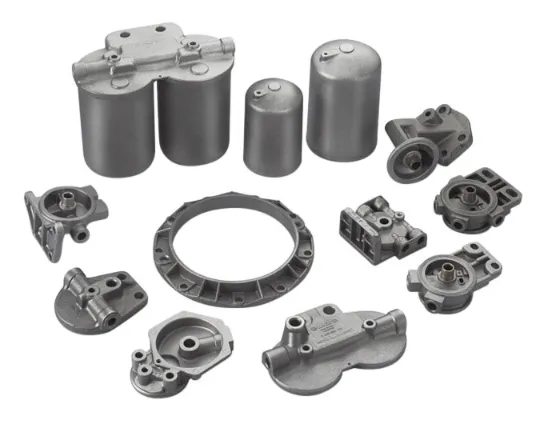
Choosing the Right Materials for Complex Casting Designs
Selecting Alloys with Optimal Properties for Precision
Picking the right metal is key. Aluminum alloys are light and resist rust, great for car parts. Stainless steel is tough for machines. China’s factories, with access to stuff like ductile iron and bronze, choose metals that fit the job. The trick is matching the metal’s traits, strength, weight, heat resistance, to what the part needs.
The Role of Alloy Composition in Achieving Precision
Metal mixes affect precision directly. For example, too much carbon in steel can make it break easily, while certain aluminum mixes flow better in die casting. Chinese factories use spectrometry to tweak mixes and keep batches consistent. It’s kinda like cooking, small changes in ingredients can make or break the dish.
Material Testing and Quality Control for Casting Precision
Quality checks are a big deal. Top Chinese factories, like Baoqi, follow tough standards like ISO 9001 or IATF 16949. They do tests like X ray checks and hardness tests. Samples often go to third parties for a double check before big orders. This careful work ensures parts meet global rules, though it can take a bit, a small price for trust.
The Role of Expertise and Experience in Precision Casting
How Baoqi Ensures Precision in Every Casting Design
Baoqi stands out in China’s busy casting market by mixing tech with skill. Their engineers use live monitoring and AI tools to spot issues during production. Years of experience mean they’ve tackled everything, from tricky plane parts to heavy machine components. Their ability to solve unique problems makes them a top pick for precision casting.
The Importance of Skilled Engineers and Technicians in Complex Castings
No tech beats human smarts. Skilled engineers catch things machines miss, like tiny mold flaws. In China, a talented workforce is a big plus, with workers trained in methods like die casting and gravity casting. Their hands on know how makes sure complex designs turn out right, even with tough specs.
Benefits of Precision Casting for Your Industry
Enhancing Performance and Durability of Critical Components
Precise castings make parts work better. In planes, accurate turbine blades boost efficiency and safety. In cars, well made suspension parts improve driving. China’s focus on high value uses ensures these perks reach global markets, with companies like Baoqi delivering strong, reliable parts.
Reducing Post Casting Machining and Assembly Costs
Precise casting saves money later. Parts with smooth surfaces and right sizes need less extra work, cutting time and costs. Investment casting, popular in China, makes parts close to final shape, reducing extra steps. This matters a lot for industries like electronics, where every penny counts.
Meeting Industry Standards and Regulatory Requirements
Following rules is crucial. Precise castings from China meet strict standards for things like medical implants or energy valves. Certifications like ISO 9001 ensure everything’s traceable and high quality, giving buyers peace of mind. Baoqi’s commitment to these rules makes it a solid partner for regulated fields.
Conclusion: Partnering with Baoqi for Precision Casting Solutions
Why Baoqi is the Right Partner for Your Complex Casting Needs
Baoqi blends cutting edge tech, skilled workers, and a proven track record. Their focus on investment casting and green practices fits global trends, like China’s push for eco friendly manufacturing. Whether it’s cars or planes, they deliver precise parts that work great.
How to Get Started with Baoqi’s Precision Casting Services
Starting is easy. Reach out to Baoqi with your specs and drawings. They’ll send samples and quality reports, often with bilingual staff to keep things clear. For complex jobs, factory visits or local agents can make things smoother. It’s a practical way to get great results.
Frequently Asked Questions (FAQ)
Q1: Why choose Baoqi for precision casting?
Baoqi uses advanced tech, skilled workers, and certifications like ISO 9001 to deliver top quality, precise castings for industries like planes and cars.
Q2: What casting methods does Baoqi specialize in?
Baoqi is great at investment casting and die casting, perfect for complex, super precise parts with tight sizes.
Q3: How does Baoqi ensure quality in complex castings?
They use strict tests like X ray checks and spectrometry, plus third party audits to meet global standards.
Q4: What materials does Baoqi use for precision casting?
They use stuff like aluminum alloys, stainless steel, and ductile iron, picked to fit specific industry needs.
Q5: How long does it take to produce precision castings with Baoqi?
It depends: investment casting takes 6-8 weeks, die casting 3-5 weeks, with shipping adding 15-45 days based on where you are.

